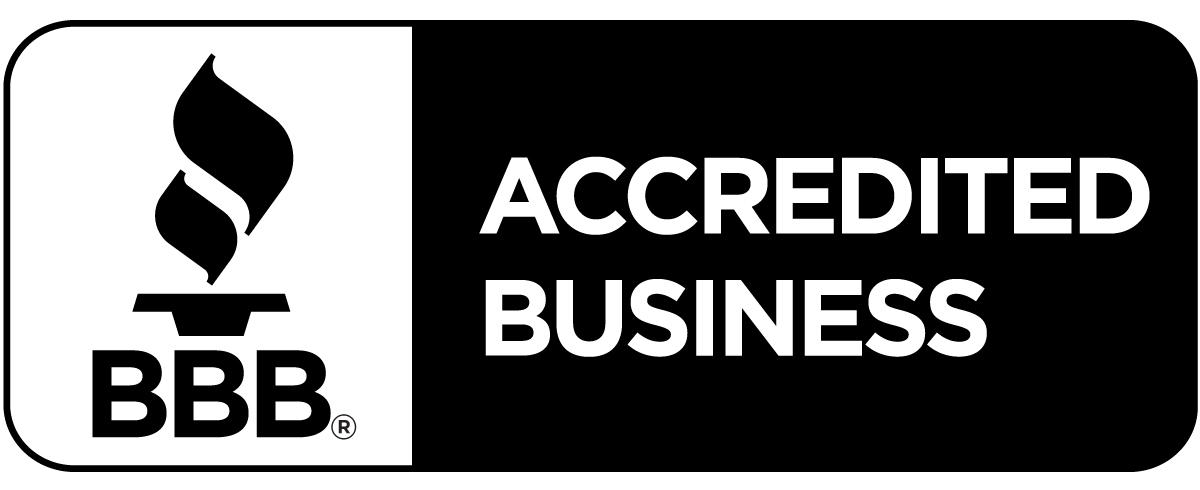OCEANSIDE — A city workshop on new rules for accessory dwelling units, or granny flats was held on April 17.
The workshop gathered community input on draft regulation changes prior to Planning Commission and City Council review.
New rules help streamline the process of adding a granny flat to a single-family residence to house family or rent out.
Changes follow state-adopted regulations that ease approval of granny flats in order to alleviate high housing costs and demands. State laws went into effect Jan. 1.
City Planner Jeff Hunt and Associate Planner Robert Dmohowski presented an overview of state changes and additional regulations the city is considering.
One benefit for homeowners looking to build is the city will not charge impact fees for granny flats because they are not new construction, but an add-on. Another plus is the city cannot require new utility meters be added.
Dmohowski said building fees for a 1,000-square-foot accessory dwelling unit would be, on average, between $3,000 and $4,000. Permits can be obtained in 120 days.
Some builds would require sewer and water pipe upgrades, which would add city hookup fees. This would be determined on a case-by-case basis.
Many of those who attended the workshop had interest in constructing a unit.
Property owner Stephanie San Antonio said she is pleased the permit process is being made easier and some fees are eliminated.
Rules require accessory dwelling units to have a separate entrance, bathroom, partial kitchen with a sink, cooking appliances and refrigerator. Fire sprinklers are not required, unless deemed necessary by the fire inspector.
There is also allowance for efficiency units that are 150 square feet or larger. Efficiency units may have a shared restroom with the primary dwelling and require owner occupancy on the property.
Units must also be compatible with the design, materials, roof pitch, colors and exterior finishes of the primary dwelling.
Parking requirements include additional parking must be replaced elsewhere on the property if a garage is converted to a unit or demolished to create one. One off-street parking space is required for each bedroom in the unit.
There is a parking exemption if the unit is within a half mile of public transit.
Oceanside, CA rules allow accessory dwelling units between 350 square feet and 1,200 square feet.
City parking requirements can be fulfilled with driveway, lifts and tandem parking.
Oceanside does not allow mobile homes to be accessory dwelling units. Speakers at the meeting said this is a good idea.
Other rules require the owner to live in the primary unit, except in the case of an efficiency unit.
Only one accessory dwelling unit is allowed per lot. It cannot be sold as a primary residence.
Oceanside, CA also added the rule that units cannot be rented for less than 31 days, to avoid them being rented as vacation stays.
Regulations will be reviewed by the Planning Commission April 24, and the City Council June 21.
Article credit to: Promise Yee Coast News



